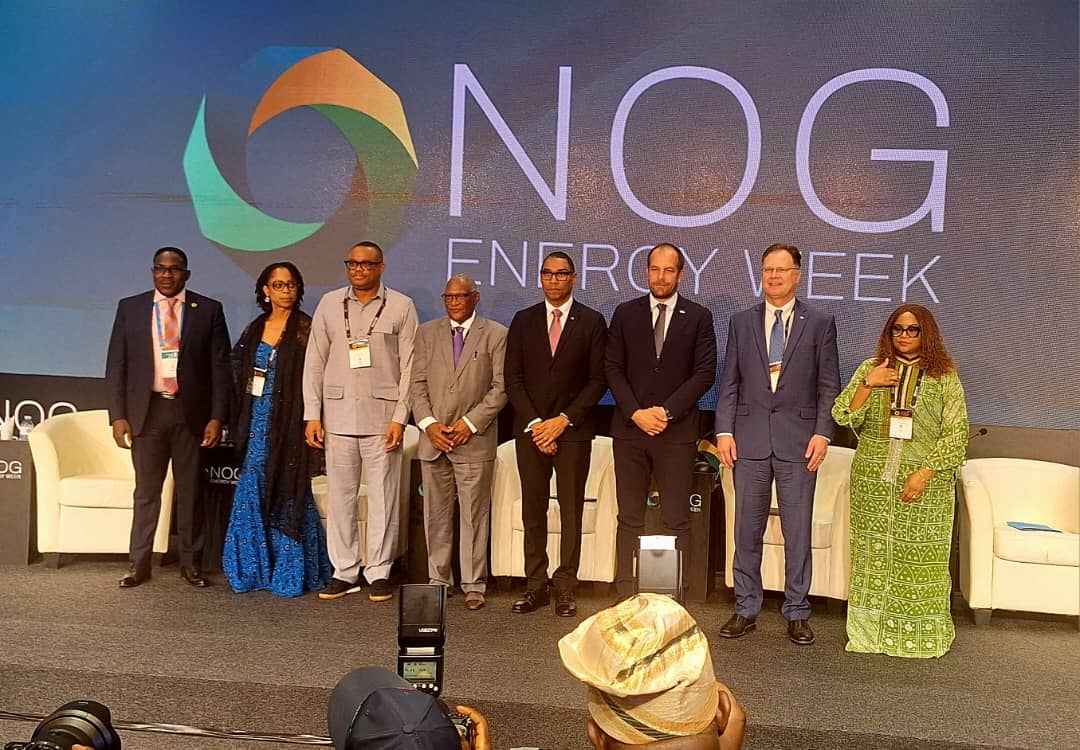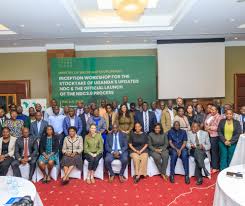At the 2025 Nigeria Oil and Gas (NOG) Energy Week ongoing in Abuja, Chairman and Managing Director of Chevron companies in Nigeria, Jim Swartz, has underscored the importance of a pragmatic and balanced path toward Nigeria’s energy future.
Speaking during a strategic panel session themed “Pragmatically Achieving Energy Abundance” on July 2, Swartz emphasized the need to harmonize economic growth, energy security, and environmental sustainability in Nigeria’s evolving energy landscape.
Swartz reiterated Chevron’s long-standing position that oil and gas will continue to be a vital part of the global energy mix for the foreseeable future, even as the industry transitions to a lower-carbon future. “The future of energy is lower carbon, and Chevron is leveraging its strengths to safely deliver cleaner energy while remaining profitable and competitive,” he stated.
According to Swartz, Chevron’s journey toward growth and transformation in Nigeria is guided by a strategic roadmap known as the “North Star.” This framework focuses on three key pillars: improving base business performance, growing production, and monetizing gas resources.
Highlighting Chevron’s unique position in Nigeria’s oil and gas ecosystem, he noted that the company operates across Onshore, Shallow Water, and Deepwater assets—making it the only international oil company (IOC) in Nigeria with such a diversified footprint. He also pointed out that Chevron was among the first to convert all its joint venture and Agbami leases under the Petroleum Industry Act (PIA), enabling accelerated exploration and development.
Swartz outlined Chevron’s recent milestones aimed at deepening its presence in Nigeria’s upstream sector. These include a farm-in into OPL 215 to expand deepwater opportunities, the 20-year renewal of three deepwater leases, the completion of seismic data acquisition, a robust shallow water infill drilling program utilizing two rigs, and exploration and fast-tracked production at the Meji NW discovery.
He also spotlighted the critical role of technology in improving operational efficiency and enhancing decision-making across the energy value chain. “Technology is a key enabler—whether through digital transformation, renewable energy integration, smart grids, supply chain optimization, or environmental monitoring,” he said.
Commending the Federal Government for its ongoing reforms in the oil and gas sector, Swartz called for sustained collaboration between government, private sector players, and other stakeholders to strengthen the industry’s competitiveness. “Chevron takes a long view of Nigeria, and we look forward to being part of its prosperous future,” he concluded.
The session reinforced Chevron’s commitment to helping Nigeria achieve energy abundance through responsible development, innovation, and partnership.







